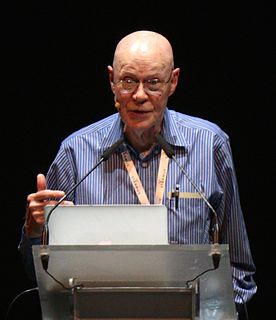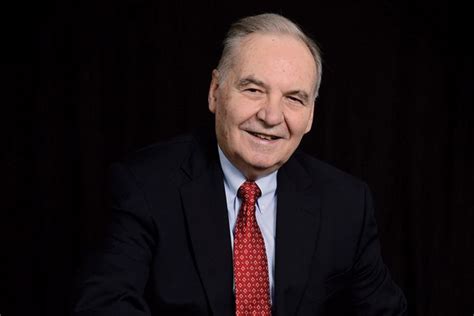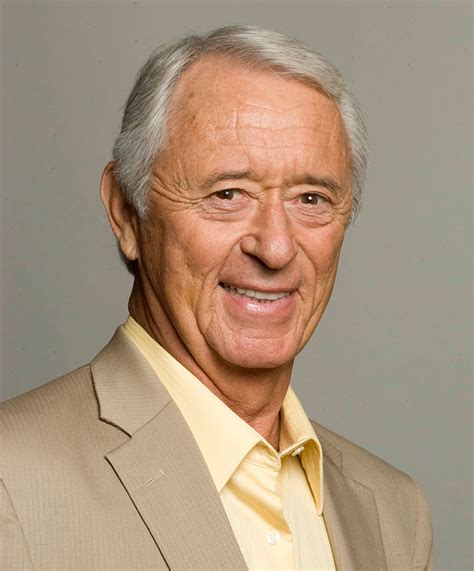A Quote by Moby
I realized the universe is 15 billion years old and unspeakably complicated. I still love the teachings of Christ, but I also believe that the human condition prevents us from having any true objective knowledge and understanding of the universe.
Related Quotes
Over time, I started becoming more aware of the vastness and complexity of the universe, which led me away from any sort of conventional Christianity. I still love the teachings of Christ, but I also believe that the human condition prevents us from having any true objective knowledge of the universe. All human belief systems are inherently flawed. If I had to label myself now, I'd call myself a Taoist-Christian-agnostic quantum mechanic. Also, there's nothing in the actual Bible that limits a Christian in their interest in science. Anti-science is a function of ignorant fundamentalism.
I remind myself that the universe is 15 billion years old, and I'm only 46 years old, so my perspective is sort of limited and fear-based and skewed. So I sort of turn things over to whatever you want to call it - whether it's God, or the universe or the spirit of the universe - and I just sort of turn things over to God and hope that this spirit that has been around for 15 billion years will have a better understanding of how things should be than I do.
Radio Astronomy has added greatly to our understanding of the structure and dynamics of the universe. The cosmic microwave background radiation, considered a relic of the explosion at the beginning of the universe some 18 billion years ago, is one of the most powerful aids in determining these features of the universe.
We on Earth have just awakened to the great oceans of space and time from which we have emerged. We are the legacy of 15 billion years of cosmic evolution. We have a choice: We can enhance life and come to know the universe that made us, or we can squander our 15 billion-year heritage in meaningless self-destruction. What happens in the first second of the next cosmic year depends on what we do, here and now, with our intelligence and our knowledge of the cosmos.
Even if these stories are 3,000 years old, there's still so much about the characters, about the dilemmas, about their understanding of the universe that still resonates. The whole idea of order and chaos, which is really central to the ancient Egyptian understanding of the world, is still very much with us.
We might expect intelligent life and technological communities to have emerged in the universe billions of years ago. Given that human society is only a few thousand years old, and that human technological society is mere centuries old, the nature of a community with millions or even billions of years of technological and social progress cannot even be imagined. ... What would we make of a billion-year-old technological community?
Not only is the Universe aware of us, but it also communicates with us. We, in turn, are constantly in communication with the Universe through our words, thoughts, and actions. The Universe responds with events. Events are the language of the Universe. The most obvious of those events are what we call coincidence.
The most likely possibility, favored by current data, is that the universe will die in Ice, not Fire. However, personally I believe that trillions of years from now, we (if we are still around) will have the technology to leave the universe, perhaps in an interdimensional life boat, and move to a warmer universe.

































